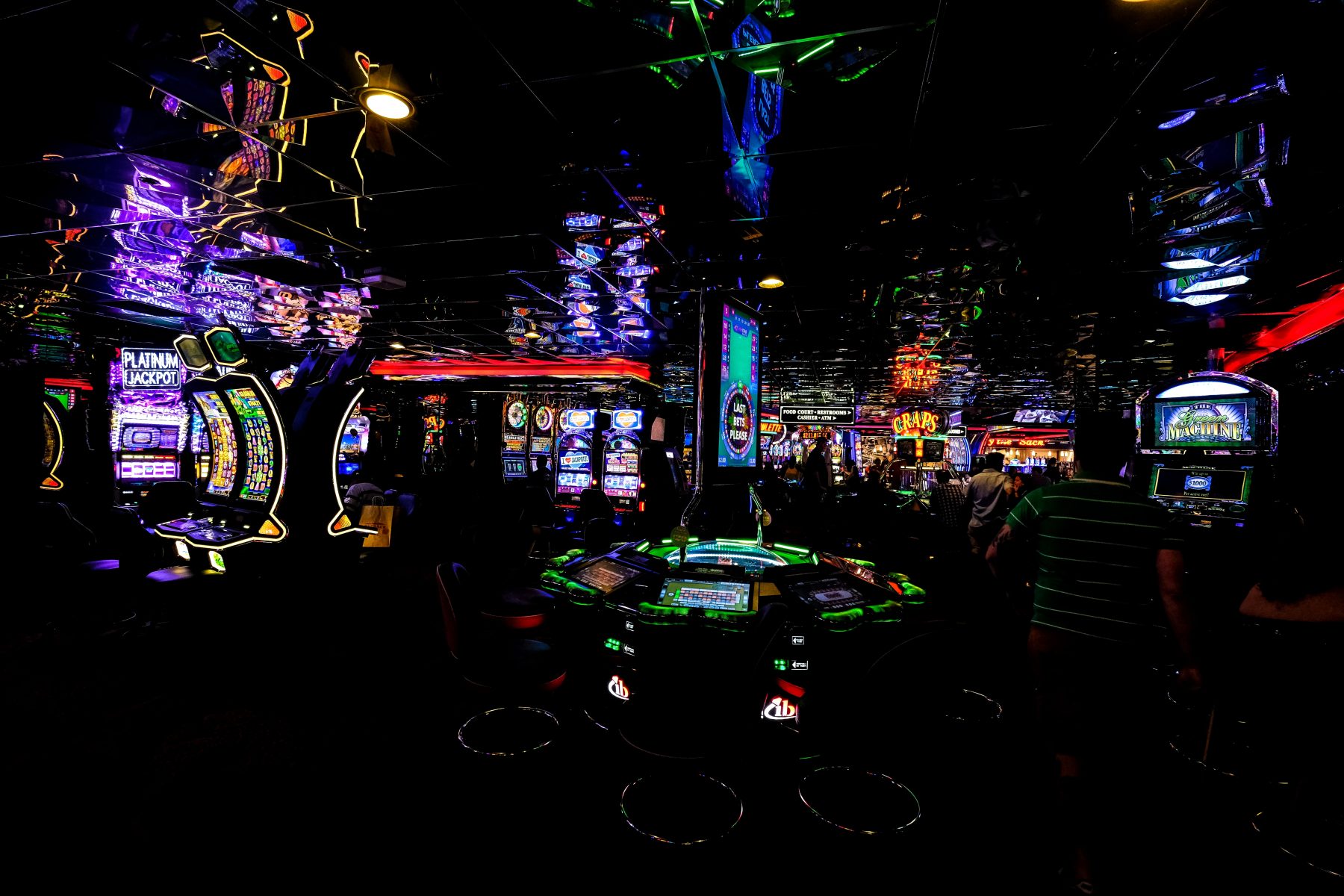Thousands of Australians are negatively affected by gambling each year. But Deakin and the Office of Responsible Gambling NSW are working to change that.
Las Vegas and Macau may be known for their glitzy casinos, but Australia has the highest rate of gambling in the world. Be it as innocuous as buying a lottery ticket, or trying a slot machine on our 18th birthday, 80 percent of us engage in it in some way.

Provided that you feel in control of your gambling, it’s okay to have a flutter now and then. But for around 80,000 Australian adults, it’s significantly impacting their health and financial stability.
And the ubiquity of gambling opportunities isn’t helping: from scratchies on display at the petrol station to betting apps on our smartphones, it can feel as though it’s everywhere.
Australia’s pokies hub
New South Wales is home to over 95,000 pokies, a state total beaten only by Nevada.
To help reduce the harmful effects of gambling in the state, the Office of Responsible Gambling NSW has funded a joint project with Deakin University.
Researchers in health and technology will develop resources for schools and gambling support centres in NSW.
They will also develop two free online courses at Deakin’s Smart EdTech Innovation Lab.
Project lead Dr Nick Patterson, from Deakin’s School of Information Technology, says that the courses are designed for the support network of someone with a gambling problem.
Their purpose is to guide peers and medical staff on how to best provide help to the person suffering.

The first course will be accessible to the general public, with a focus on reaching the friends and family members of someone at risk.
The second course is designed to support medical staff and will only be available through rehabilitation centres and hospitals.
Both courses will provide information about in-person and digital gambling, as well as strategies to help people reduce their gambling-related harm.
“By becoming more educated about how the different facets of gambling work, we hope to assist those in taking the first step to stop gambling and reduce their chance of experiencing harm,” Dr Patterson says.
The courses will be tested in a pilot phase in mid-2021 and will likely be rolled out later that year.
Spotting the warning signs
Gambling problems are a personal issue. Dr Patterson says that, for many, it can be difficult to spot the signs in friends or family members, prompting us to check in.
So, what should we be looking out for?
“It’s a highly debated question,” Dr Patterson says.
“There is no one answer,” because a gambling problem will affect people in different ways.

It’s important to remember that gambling behaviour is often hidden. The person suffering might go to great lengths to keep their loved ones from finding out.
But there are some things you can keep an eye out for.
According to Gambling Help Online, it’s common to notice changes in a person’s mood, behaviour, and how they handle their money.
“Common signs of a problem can include borrowing money on a regular basis, changes in sleep or eating patterns, and being secretive about unexplained absences,” Dr Patterson says.
Supporting the community
For Dr Patterson, working on a public health project is new territory, having previously researched in fields the likes of IT security, criminology and biotechnology.
“Technology changes at a rapid pace, and I try to never get pigeon-holed into one thing,” he says.
But the thread along each new project is that it should be used for the good of the wider community.
“One of my focuses is to really use technology to help people,” he says.
“What we do here at Deakin, I believe, should be partly providing support to the community, whether it’s helping employment or providing free education through short courses.”

The Smart EdTech Innovation Lab has been used for a variety of different projects, from virtual reality technologies to be used in the classroom, to helping Australia Post educate people on digital literacy.
“Technology brings the ability to produce amazing resources, and with the internet you can reach a much larger audience,” Dr Patterson says.
“If the EdTech group and I can provide our technological expertise to other parts of the university, we can achieve some great things across schools and departments.”



